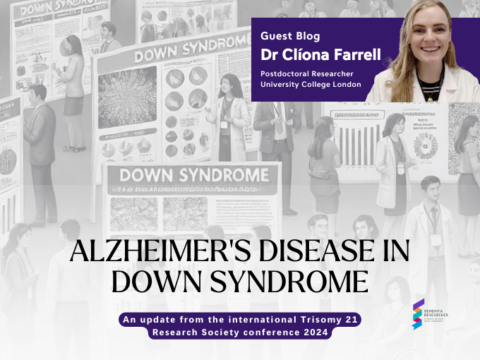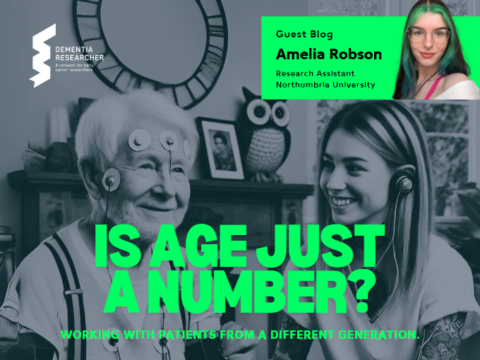Cannabinoids are gaining fame for recreative and medicinal purposes. Although their popularity varies from a user, non-user, scientific, psychological, comprehensive, or holistic perspectives, everybody has an opinion about them. Here I will try to give you scientific-based information to build up your own opinion about these compounds and the upcoming cannabis culture.
To understand cannabinoids, first, we must go back to basics. The cannabis plant itself is rich in many compounds, although not all of them have been fully described, the main groups include terpenes and cannabinoids. Terpenes are those that provide odour and flavour to the cannabis plant, and cannabinoids are those that link to the receptors from our Endocannabinoid system. The Endocannabinoid system allows for the maintenance and regulation of many processes in our bodies, it has receptors waiting for cannabinoids all over our brain and body, so when such receptors get their perfect match, we get to feel different effects.
It all sounds good, but is cannabis good for everybody? Could it be toxic? If so, how toxic could it be? Cannabis can be toxic, not in a lethal way, but your neurons will definitely suffer from its overuse. We know for a fact that excessive consumption of anything can cause harm to our bodies, and don’t get me wrong, cannabinoids are phenomenal for some conditions, but most of them follow a bell-shaped response producing a biphasic effect, meaning that higher doses are actually worst for the patient or consumer. Therefore, microdoses of cannabinoids are being tested nowadays at the lab, and hopefully, they could translate into better treatments in the future.
We must keep in mind that cannabinoids at the lab are sometimes studied as isolated molecules for better understanding and characterisation of their sole effect. But outside of the lab, the main source of cannabinoids is cannabis, and the effects of the plant are different from those of cannabinoids alone. Terpenes and cannabinoids can potentiate their effects on the human body. The mixture of both provides a unique response that cannot be reproduced with accuracy at the lab and is fully due to mother nature. The plant is so complex, that the closest we can get to manipulate the concentration of some of its compounds is through farming. Whether working with their genetics to define the hereditary characteristics, or changing the nutritional supplements while growing the plant, both will influence its final cannabinoid content.
Overall, there are many factors to be considered about cannabis and cannabinoids, from environmental conditions when talking about the plant, to the protective or toxic effect of cannabinoids in the human body. We’ll review farming and lab-based studies so we can walk together through this journey to see the bigger picture of cannabis.
Stay tuned – There is no greater ignorance than thinking you know it all.

Masha Burelo
Author
Masha Burelo is a PhD Student at the University of Aberdeen. Her research explores Electrophysiology and behavioural evaluation in preclinical models of Alzheimer’s disease. Masha started her studies in veterinary medicine in Mexico and first became interested in cannabinoids when her dog developed epilepsy, then with close family members struck by Alzheimer’s Disease her interest in neuroscience, plants and the brain developed.

 Print This Post
Print This Post





Hi Masha… interestingly familiar. This info post and comment re potential use of cannabinoids in dementia scratches an itch of thought I have experienced myself since diagnosis a couple of years ago… due possibly to the constant use of other opioids for pain relief of post multiple spinal operations my internal creative has enjoyed more freedom, much more!
Could your intriguing theoretical study be linked to similar synapsal merging of organics and chemistry that is occurring within my own brain cells, kick-starting this odd phenomenon.
I wonder…..?
Blessings,
John